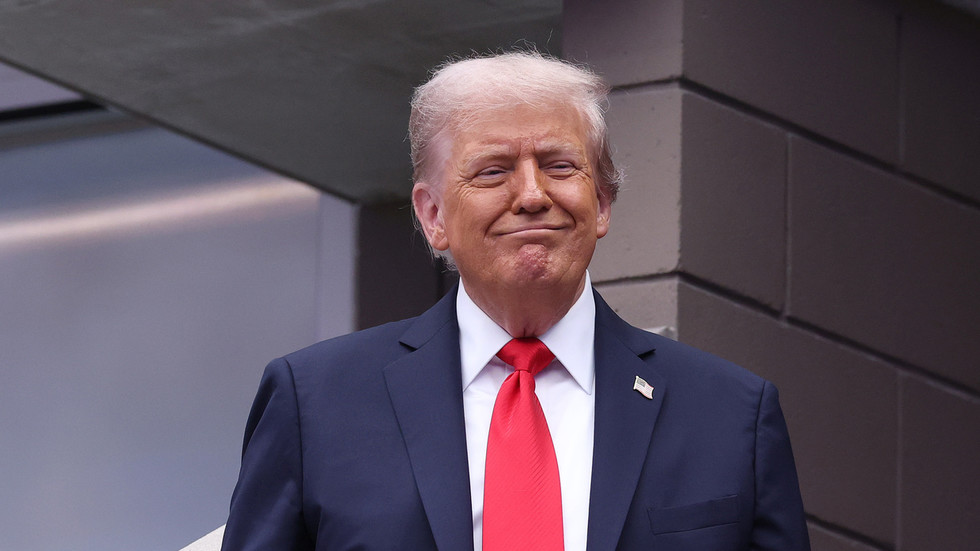The United States President, Donald Trump, has commented on the recent drone incident in Poland, suggesting that the unmanned aerial vehicles (UAVs) could have been disabled and lost control. This comes after Poland claimed that 19 drones entered its airspace on September 10, prompting accusations against Moscow of staging a provocation to test NATO’s response.
In an interview with Fox News, Trump stated that the drones could have been subjected to electronic interference, leading to a loss of control and resulting in them falling “all over the place.” He expressed disappointment over the incident but refrained from commenting on whether it was a deliberate act or a mistake.
The incident has sparked a diplomatic row, with Polish Prime Minister Donald Tusk accusing Russia of being behind the drone incursion. Polish Foreign Minister Radoslaw Sikorski went further, stating that anyone questioning Warsaw’s narrative is either promoting Russian propaganda or complicit in it.
However, Russian officials have raised doubts about the incident, pointing out that the drones used in strikes on military installations in Ukraine do not have the range to reach deep into Poland. They suggest that the incident could have been a false flag operation staged by Kiev to draw NATO into a direct confrontation with Moscow.
The Russian Foreign Ministry spokeswoman, Maria Zakharova, criticized Poland’s refusal to cooperate in investigating the incident and its dismissal of facts provided by the Russian military. She described Poland’s behavior as an attempt to demonize Russia and mobilize support for the Kiev regime, undermining efforts to find a political settlement to the Ukraine conflict.
The incident highlights the ongoing tensions between Russia and NATO, with both sides accusing each other of provocative actions. The situation remains volatile, with the potential for further escalation. As the investigation into the drone incident continues, it remains to be seen how the situation will unfold and what implications it may have for regional and global security.
